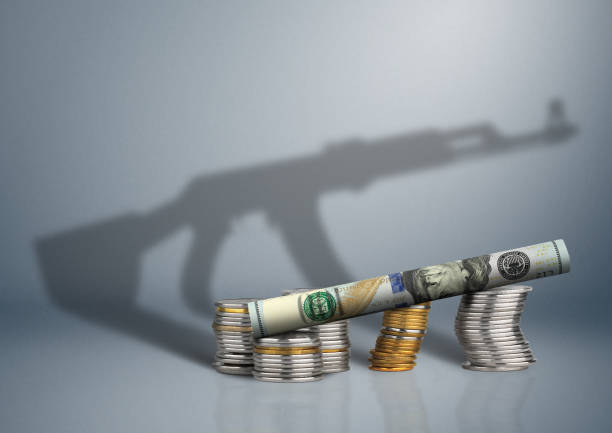
The safety and stability of countries around the world are threatened by terrorism, which continues to be a serious global problem. It is a complicated phenomenon that cannot have just one reason or cause. Instead, a complex interaction of many social, political, economic, and ideological forces leads to terrorism.
The negative effects of terrorism on South Asian nations’ social, economic, political, and physical infrastructure have placed a tremendous strain on them. According to a cursory study of the START Global Terrorism Database, Pakistan has seen the greatest global rate of terrorism-related fatalities over the past many years.
Pakistan, the only Muslim nation possessing nuclear weapons won independence from British colonial power in 1947. Since then, Pakistan has faced challenges from the wholesale murder of immigrants as well as the trauma caused by its colonial conquerors. Numerous thousands of people were murdered, pillaged, sexually assaulted, or set afire. The paucity of resources also had a crucial role in the instability of this young nation.
The 1979-80 Soviet-Afghan conflict created a favourable environment for terrorism in the area. There was a fundamental shift that changed the entire makeup of Pakistani society as it existed at the time. With the Soviets gone, Pakistan’s society was shown to have been coerced into being violent and militarized, giving rise to the so-called “Kalashnikov culture” and “Talibanization” that plagued Pakistan.
The role of Pakistan’s media should be crucial in the fight against terrorism.
The aftermath of terrorism is frequently discussed without taking into account the psychological and societal factors that contributed to the terrorist act. Pakistan has been at the centre of both the fight against terrorism and the terrorist attacks since “9/11.” Particularly since the ‘9/11′ tragedy, Muslim nations feel psychologically intimidated by the term terrorism and view it as being identical to acts of terrorism committed by so-called Muslim extremist groups. The unfair association of such heinous terrorist actions with Islamic Jihad adds to this in the media.
The majority of Pakistan’s socioeconomic problems-illiteracy, sickness, instability, and injustice-are pervasive. Pakistan has been intimately involved in several elements of the “war on terrorism” since the 9/11 event. Although some contend that Pakistan serves as a haven for terrorist organisations, it is undeniable that all of this mayhem has resulted in a large loss of innocent life as well as a reduction in economic output. Because of these precarious circumstances, terrorism can flourish.
The religion of Islam (Submission), advocates freedom, peace and mutual agreement and admonishes aggression. The following verse makes it very clear.
“And do not aggress; GOD dislikes the aggressors”. (Quran 5:87)
“You shall resort to pardon, advocate tolerance, and disregard the ignorant”. (Quran: 7:199)
Pakistan has made every effort to cleanse its country of terrorism and terrorists. The Musharraf administration originally banned a number of terrorist organisations. After those military operations, which included Rah-e-Nijat and Rah-e-Rast, were successful. The Pakistani army bravely attacked terrorists and demolished their hideouts. The terrorists will have been weakened, and they are now on the run. In some tribal communities, these operations continue to be active. In this context, it is important to note that popular support for military operations is crucial and that no army can prevail in this “different war” against terrorism without the support of the populace.
Analysis of the root causes of terrorism and its unavoidable effects reveals that Pakistan has not experienced this phenomenon suddenly. It has taken many years and numerous circumstances for it to flourish. The problem of terrorism is complex, thus the solution must also be complex. Here are a few potential solutions include:
To start, a national commission that analyses the post-9/11 trends and pinpoints the underlying causes of the rise of extremism in Pakistan must be established.
To help stabilise Pakistan’s fragile economy after the war on terror, US-led Western allies must not only expand their military and economic assistance to the country. They must also grant direct market access to Pak exports at zero per cent duty.
Given that Pakistan has been able to successfully combat the threat of terrorism, several Western nations led by the US, including India, should stop propagandising against Islamabad and playing the finger-pointing game against its intelligence agency ISI.
To address the issue of militancy in the region, the US should assist in settling the Kashmir dispute.
The role of Pakistan’s media should be crucial in the fight against terrorism. It must draw attention to the extremists’ criminal behaviour. Additionally, it should state that Islam is a peaceful religion that forbids suicide bombings.
Pakistan faces significant challenges from terrorism. To combat the menace of terrorism and withstand outside pressure, both our leaders and the opposition parties must work towards a plan of national reconciliation by setting aside their differences and exemplifying the power of tolerance.
Pakistan is a country that values peace and is actively engaged in the fight against terrorism. The recognition of the threat of terrorism and the sacrifices made in its combat are evidence of the region’s commitment and desire to bring about peace. More than any other nation, Pakistan has specifically devoted significant military resources to the fight against terrorism.
The writer can be reached at denovas312@gmail.com.
Courtesy by Omay Aimen – Daily Times





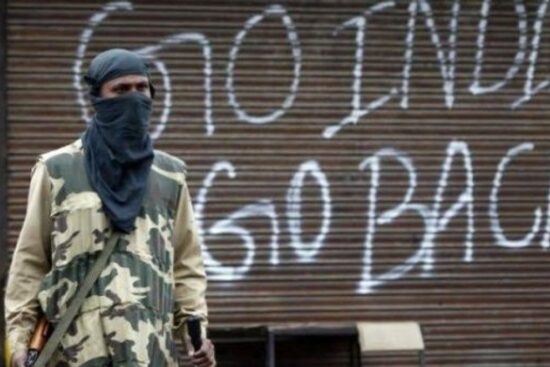
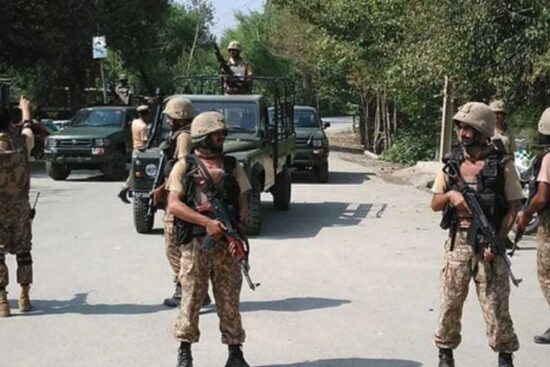
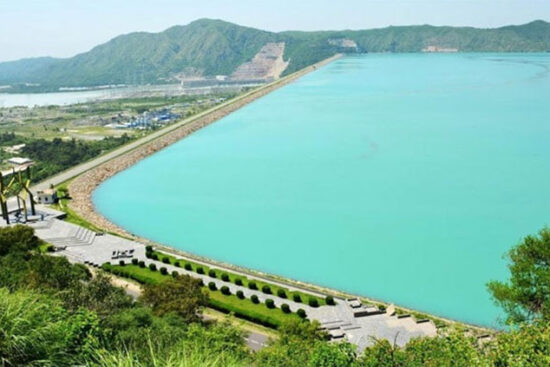
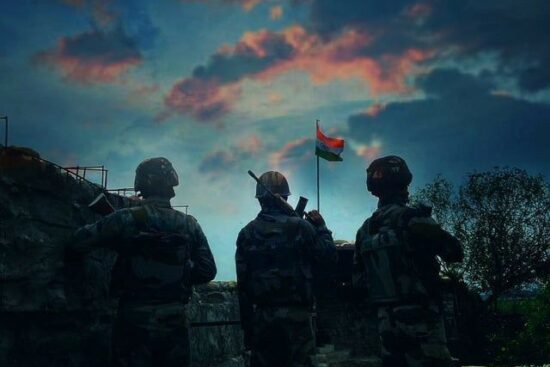








Leave a Reply